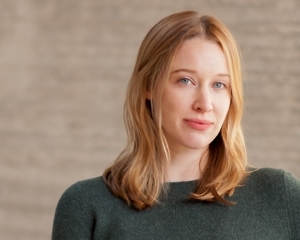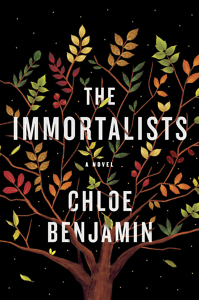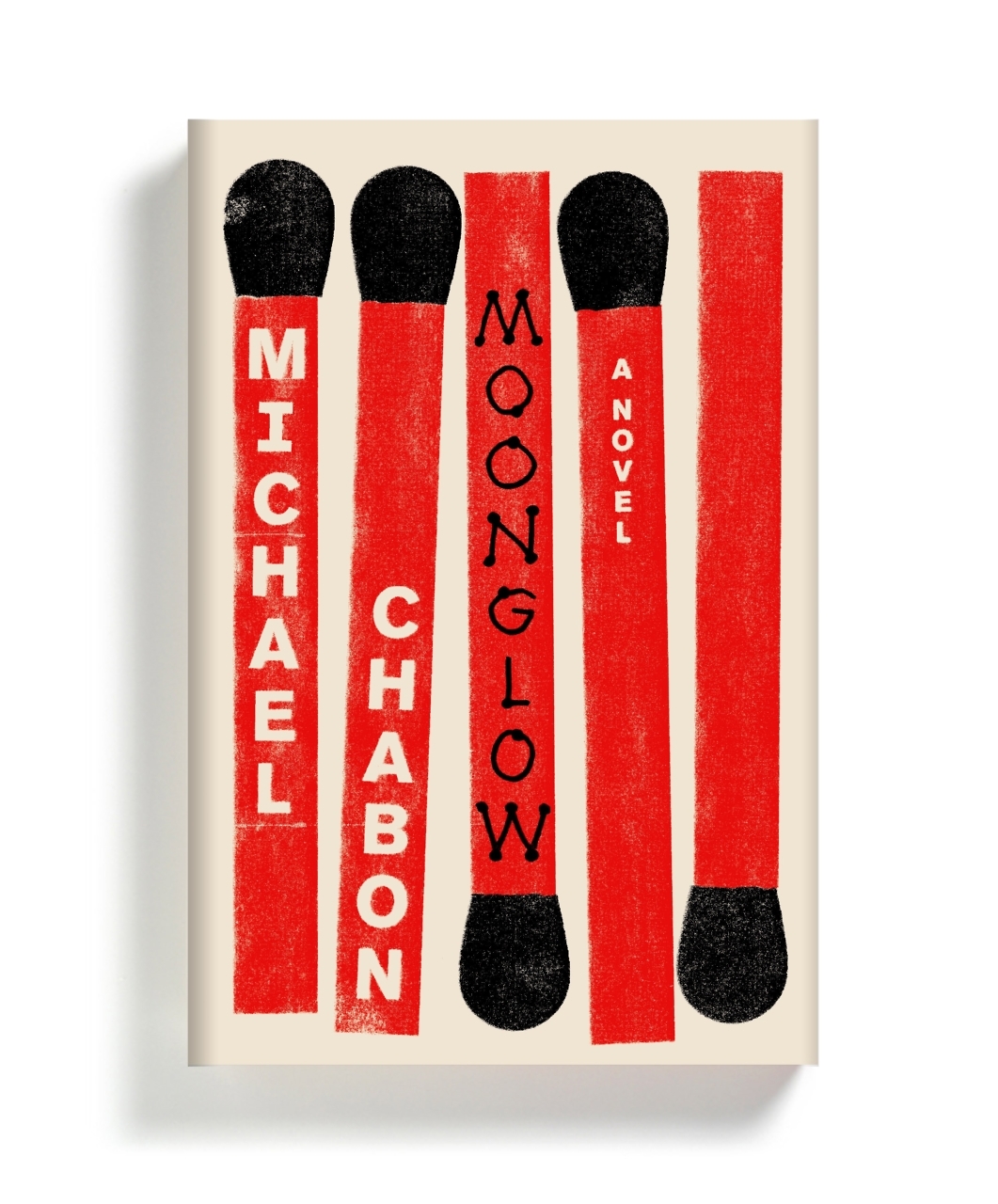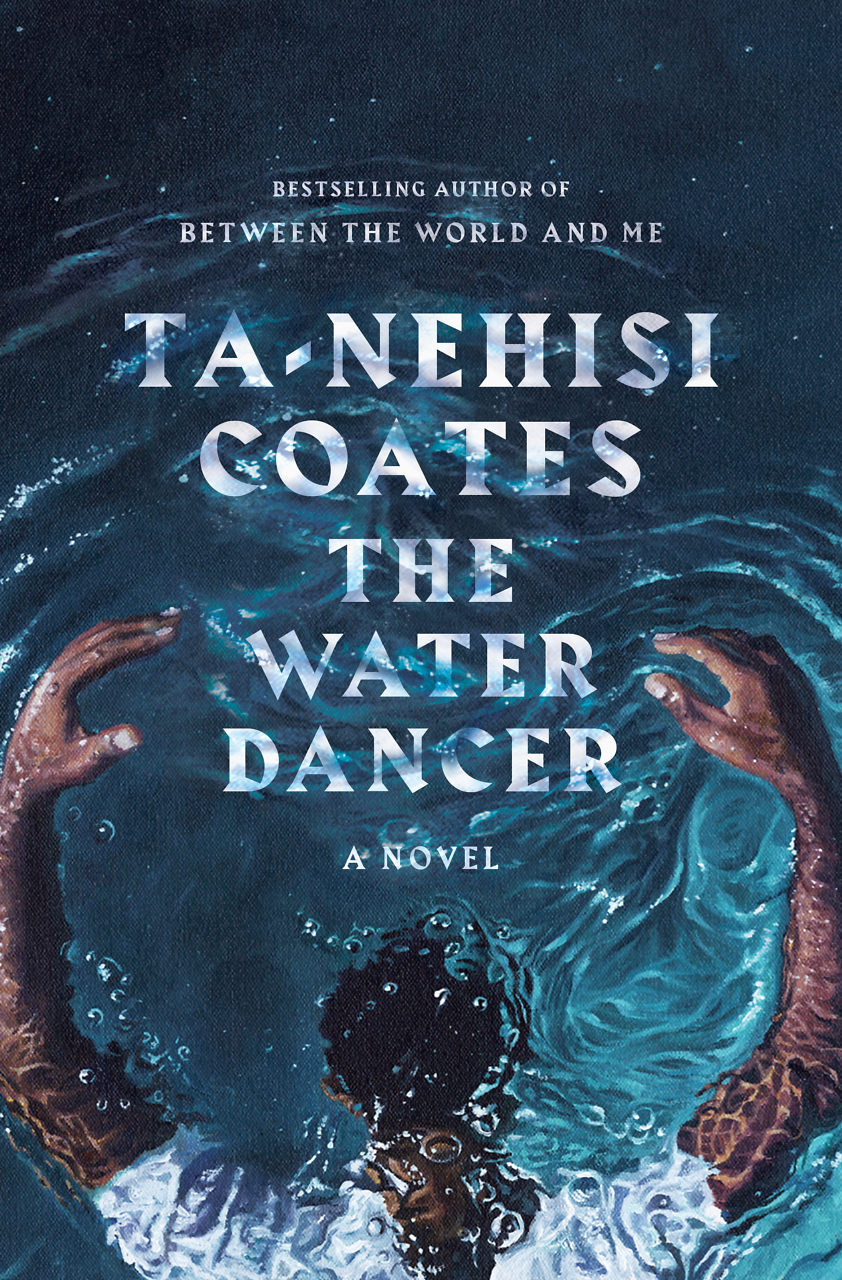Death-Defying Feats
Four siblings reckon with a fortune teller’s prophecy in Chloe Benjamin’s The Immortalists
In Chloe Benjamin’s dazzling new novel, The Immortalists, the four Gold siblings—Varya, Daniel, Klara, and Simon—set down an uneasy path after a fortune teller prophesies the dates on which each one of them will die. As they grow up, each one must decide what to do with this startling piece of information.

Seeking out the fortune teller who lives in their Manhattan neighborhood becomes the “precarious, trembling object” of the children’s otherwise lazy summer vacation. But once they locate her, the mood quickly turns. Varya, the eldest Gold, tries to make sense of what they will discover inside the woman’s ominous apartment. Varya “is thinking of fairy tales: witches who take children, witches who eat them. A tree of panic sprouts in her stomach and grows until the door cracks open.”
That unforgettable afternoon turns the children’s lives into a kind of living experiment in free will and destiny. How much control over one’s path does any individual have, after all, whether or not they’ve been handed a prophesied fate? “Nobody picks their life. I sure didn’t,” their mother tells her youngest son, Simon, after he and Klara leave home abruptly for late-seventies San Francisco. “Here’s what happens: you make choices, and then they make choices. Your choices make choices.”
Simon is aware of “the thin line between fear and intuition; how one so easily masquerades as the other.” Still, the prophecy looms large. Having found work and a loving boyfriend, he longs to embrace a steady domestic life but finds himself full of needling doubt: “He’s always assumed that these things are not of him—that he’s designed for something less lucky, less straight. In truth, it is not only Simon’s gayness that makes him feel this way. It’s the prophecy, too, something he would very much like to forget but has instead dragged behind him all these years. He hates the woman for giving it to him, and he hates himself for believing her. If the prophecy is a ball, his belief is its chain; it is the voice in his head that says Hurry, says Faster, says Run.”
 Like Simon, Klara feels defined by the deadline the fortune teller has handed her. With dogged persistence, Klara has pursued her desire to become a professional magician called The Immortalist. Her best act involves a deft but perilous onstage feat called The Jaw of Life, in which she plunges down a rope in front of the stunned crowd, only to be saved by the clench of her teeth. Her act has become “a curious combination of strength and strange,” creating an effect of “inhuman lightness.” Tempting death onstage, she grows more and more drawn to the uncanny in her offstage life.
Like Simon, Klara feels defined by the deadline the fortune teller has handed her. With dogged persistence, Klara has pursued her desire to become a professional magician called The Immortalist. Her best act involves a deft but perilous onstage feat called The Jaw of Life, in which she plunges down a rope in front of the stunned crowd, only to be saved by the clench of her teeth. Her act has become “a curious combination of strength and strange,” creating an effect of “inhuman lightness.” Tempting death onstage, she grows more and more drawn to the uncanny in her offstage life.
Unlike Simon and Klara, Varya and Daniel have stayed closer to home. Having assumed the responsibility of looking after their widowed mother, Varya eventually takes an academic approach to the subject of mortality. In the lab, she studies “the match-strike of genetic expression” and the possibilities of manipulating genes, even to stave off death. Despite her wish for a cooler head, the prophecy has “worked in her like a virus.” For his part, Daniel has felt a drive toward control, throwing himself into life as a military doctor, assessing recruits’ fitness for wartime service. He harbors private misgivings about being the arbiter of these fates but takes comfort in his life’s sense of order. For both Varya and Daniel, the pull of a familial sense of entanglement grows stronger and won’t let them rest.
The Immortalists will hold special appeal for any reader who prizes sibling stories. The specific bond shared by the Gold children echoes the knots of loyalties and resentments which so many adult siblings must navigate. In particular, the close tie between Klara and Simon emerges as deeply moving and bittersweet. Spurring each other on to make an authentic future for themselves, they privately share a suspicion of how fleeting their lives may be. Simon reflects on Klara’s effect on his life: “She reminded him of [the fortune teller]: counting down, watching him. Inside him a bud of love for his sister breaks open. He thinks of her on the rooftop—how she stood at the edge, how she spoke without looking at him. Give me one good reason why you shouldn’t start your life.”
The considerable promotional buzz forming around The Immortalists has focused almost entirely on its irresistible elevator pitch: what would you do if you learned the date you would die? The buzz fails to do this novel justice. Sure, the question is a juicy proposition to consider. But The Immortalists transcends the philosophical inquiry into fate and destiny. It succeeds as any good story should: on the strength of its beautiful characters, whose lives and deaths unfold with suspense and compassion.

Emily Choate holds an M.F.A. from Sarah Lawrence College. Her fiction has been published in Shenandoah, The Florida Review, Tupelo Quarterly, and The Double Dealer, and her nonfiction has appeared in Yemassee, Late Night Library, and elsewhere. She lives in Nashville, where she’s working on a novel.


